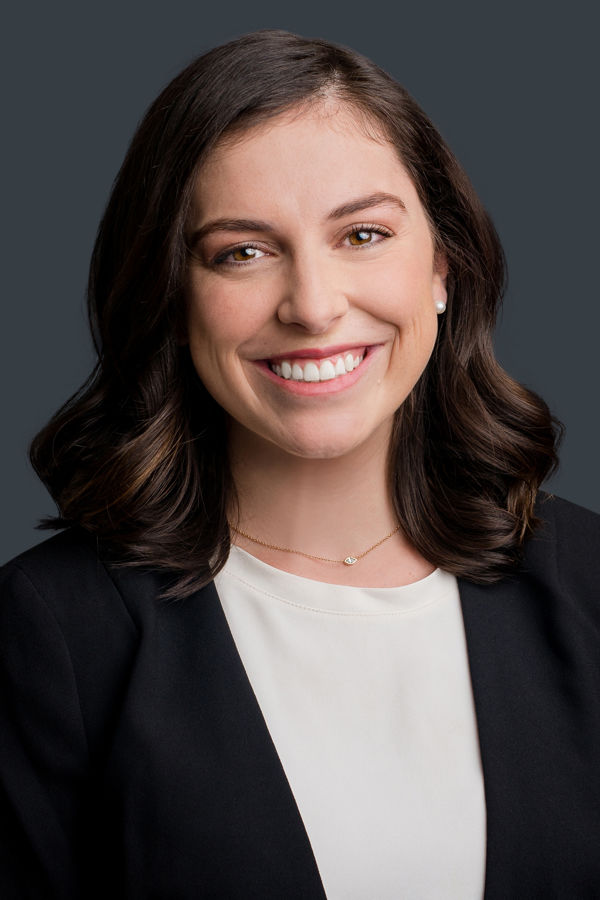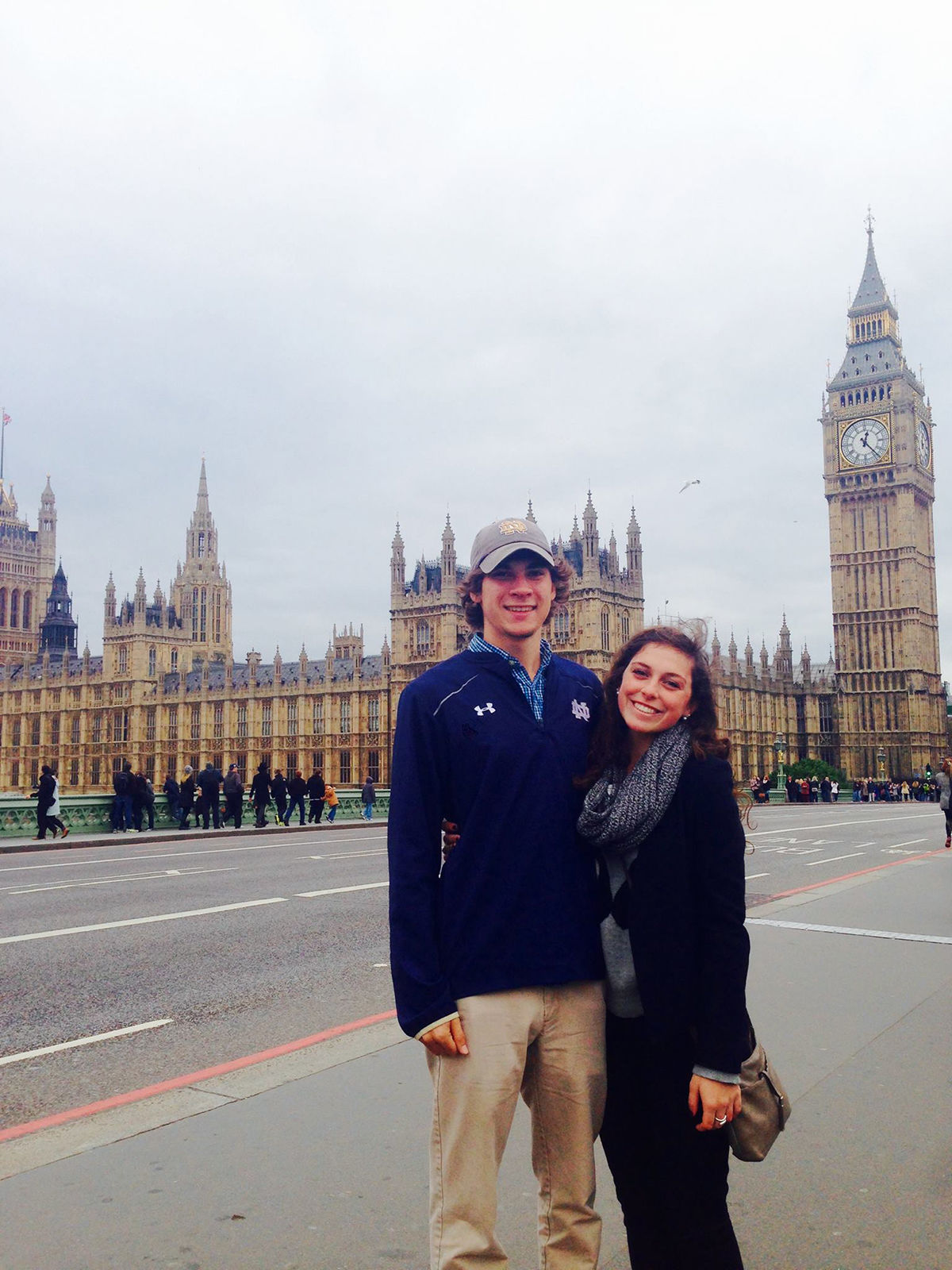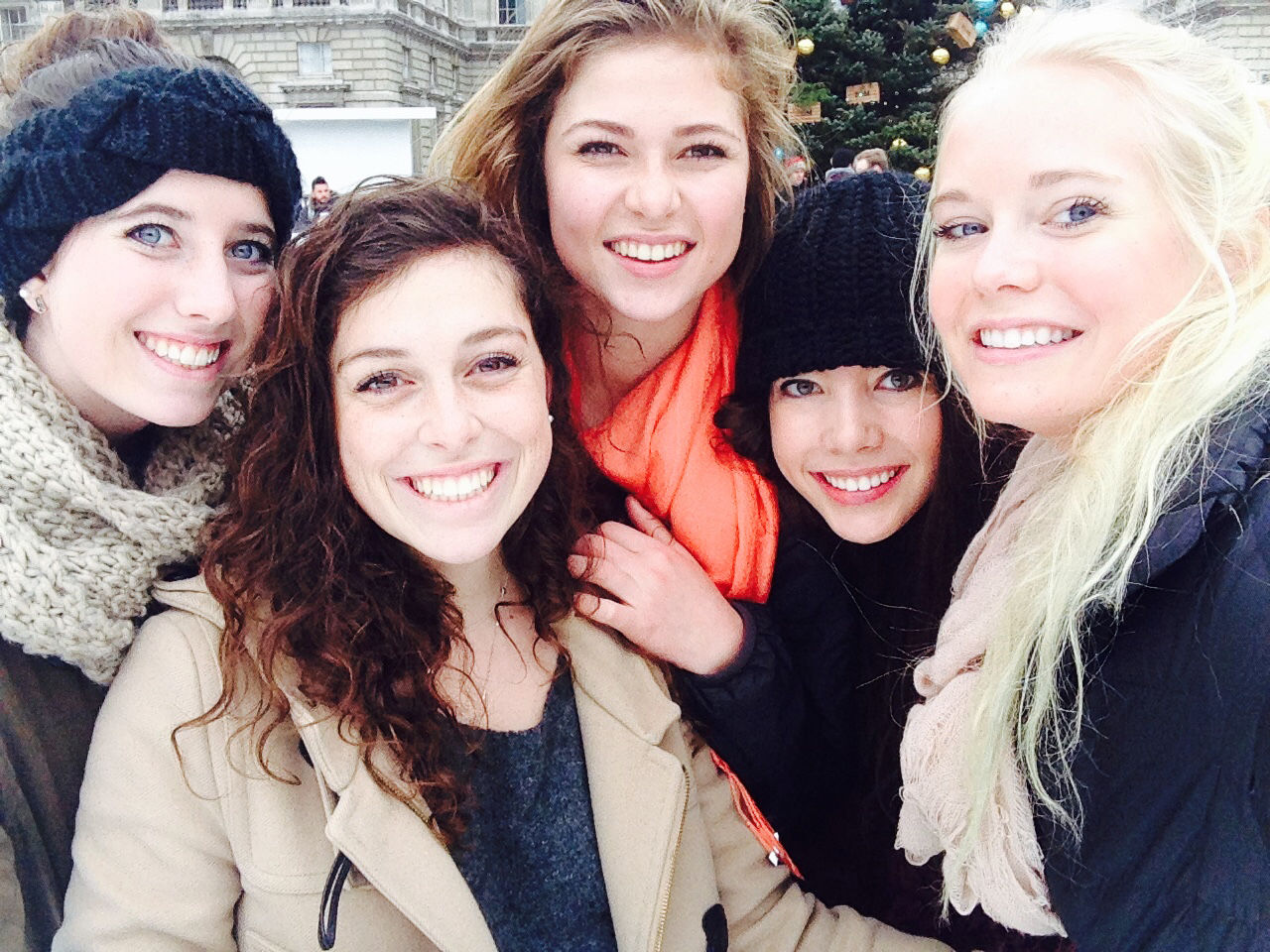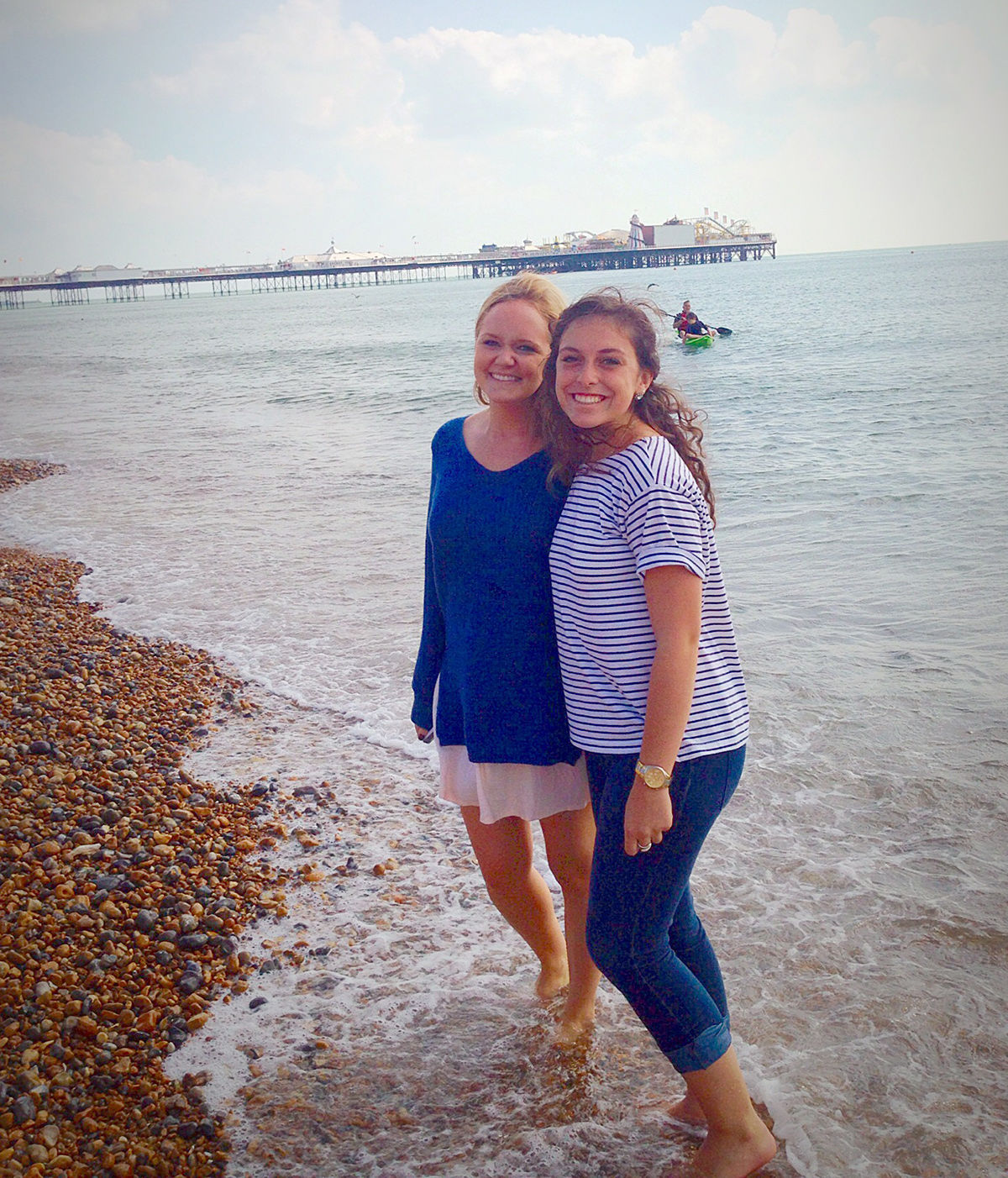London Alumni Series: A class in London helps Jess Krauss reframe the past, and her future

Krauss today
When Jess Krauss was planning her academic career at Notre Dame, London was high on her list of priorities. Attracted by the parliamentary internship, she felt that London would help her on her track to becoming a lawyer working in the government. What she didn’t realize was that an elective archaeology and ethics class would lead her to an entirely different career.
“The course opened up my eyes to the fact that there is this entire discipline which grapples with questions of heritage, identity and belonging,” recalls Krauss.
Initially, Krauss was sure that she wanted to work in government, and had spent her time at Notre Dame working towards this goal. After interning with both Mayor Pete Buttigieg and Senator Joe Donnelly in South Bend, she couldn’t pass up the opportunity to apply for the highly competitive parliamentary internship that was offered through the London Program.
Having secured the internship, Krauss was set to continue along her journey to a career in government. However, when she informed her colleagues at Senator Donnelly’s office that she would be spending a year in London, one of them had a pivotal piece of advice for Krauss.
“There was a woman who had done the London Program and she said that I had to take the Archaeology and Ethics course and that it was the best course she had taken in undergrad,'' says Krauss. “She told me she knew it sounded like a random thing to do, but that I just had to take this course!”
It wasn’t hard for Krauss to take up this advice. Having known since starting at Notre Dame that she would be applying for the London Program, she had made sure she had structured her courses so that she was free to take full advantage of the rich variety of classes offered by the London Global Gateway.
“All my pre-elective courses I wanted to take in London, because I knew that they'd all be really amazing classes,” says Krauss.

Krauss with a friend outside Westminster
She wasn’t disappointed. The majority of classes at the London Global Gateway focus on experiential learning, allowing students to use London as its own classroom and immerse themselves in the culture, history and politics of the city. However, it was the Archaeology and Ethics course, taught by Professor Fay Stevens, that had the most lasting impact on Krauss.
“I loved grappling with the questions thrown up by this course,'' recalls Krauss. “I remember we looked at whether the Titanic was a graveyard or an important archeological site, and I loved thinking about these issues and the problem solving behind them.”
Stevens’ course was based predominantly around visits to museums and culturally significant sites, allowing Krauss to see more of London and also to travel further afield to examine the course materials. A field trip to the Ashmolean Museum and the Pitt Rivers Museum in Oxford was particularly eye opening for Krauss.
“The Ashmolean had glass cases that were precisely labeled and organized by geographic area of culture,” says Krauss. “Then we walked over to the Pitt Rivers Museum where things were crammed in with tiny little description labels, categorized by use. You had a whole wall of knives, or a whole wall of hair combs that were from everywhere in the world from every different time period!”
The juxtaposition of the two museums gave Krauss an idea of just how important the role of museums and education is in the portrayal of history.
“It was interesting to see the difference in the standard of curation at the museums and the ethical considerations of that,'' says Krauss. “At the Pitt Rivers for example, things were crammed in, and there are even human remains that are not preserved and displayed completely ethically.”

Krauss and her classmates enjoying London
It was during this course that Krauss discovered her passion for this subject, she consequently decided to enroll in a more archeology and classics courses when she returned to Notre Dame. Eventually, while in law school, when she came to the conclusion that she no longer wanted to work for the government, she started to reflect on the areas of law that interested her the most. Unsurprisingly, she kept coming back to her archeology and ethics course.
“I looked back at the archeology course I took in London, where I just loved the material, where I just took it because I just loved the courses and not because of any future planning.”
Thanks to Stevens’ class, Krauss knew that there were lawyers all across the world who dealt with cultural heritage law, examining the questions she explored during her time on the course. She made the bold decision to change tracks, and applied for a research position with a professor who worked in the field.
Will help from this professor, and with a lot of hard work, Krauss went on to intern at Cultural Heritage Partners, and is now a full-time employee. Today, she works a lot with tribes to protect their sacred and culturally significant sites, grappling with the same questions that she did when she was studying archeology and ethics in London. She finds the challenge of balancing law and culture fascinating and fulfilling.
“There’s a set of rules that we have in the law and the facts of the case, but then you have this whole history,'' says Krauss. “Like with a tribe, you have centuries and millennia of history with them that you have to consider and work with them and on behalf of them.”

Krauss with a friend in Brighton
Looking at something through the eyes of others means that Krauss often has to shift her world view and work with a set of beliefs which may or may not align with her own. In order to do this, she learns about other cultures, and works closely with people who have different backgrounds and stories. While many people would find this shift of perspective disorientating, Krauss finds it one of the most captivating parts of her job.
“You have to accept that there are sets of beliefs that are fundamental for people as they are intrinsic to their self,” states Krauss.
“The Egyptians for example believe that uncovering mummies or tombs is completely wrong,'' explains Krauss. “They think they should never have been disturbed, which creates a big ethical dilemma when we have mummies in museums.”
Today, Krauss works alongside passionate professionals who understand the importance of protecting objects or lands that are vital to different cultures. When she talks about her job, she still refers back to the archeology and ethics class when she first discovered the questions that would be crucial to her career.
“Everyday, I get to work with the same problems that I loved grappling with in that course, it's amazing!” laughs Krauss.
Interested in learning more about studying in London? Find out more about the programs we offer!